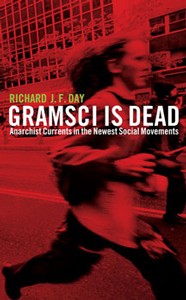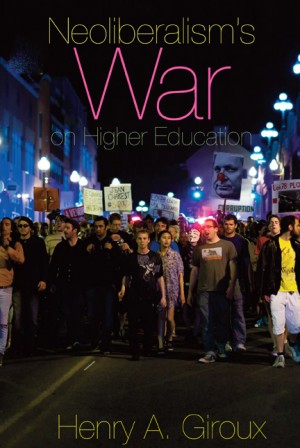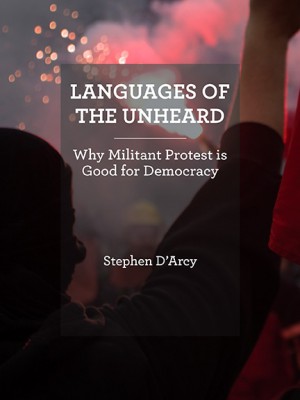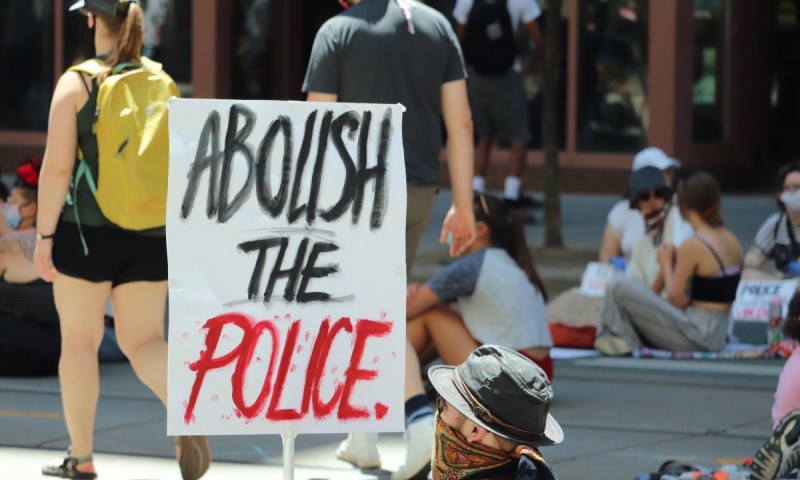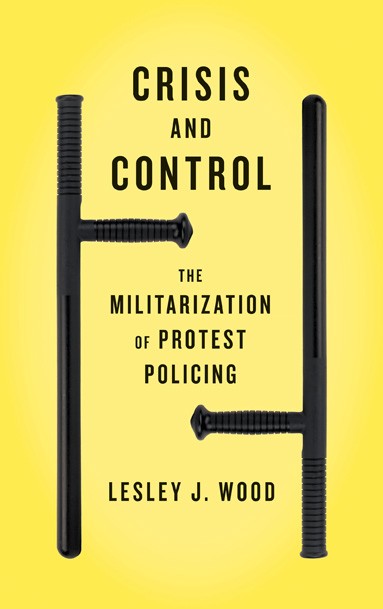
Crisis and Control
The Militarization of Protest Policing
Crisis and Control explains how neoliberal shifts in political and economic systems are militarizing the policing of protest. The book offers a way to understand the influence of political processes on police practices and provides an empirical study of militarized protest policing from 1995 until the present.
Lesley J. Wood shows how protest policing techniques have become more militarised and more dependent on intelligence gathering over the past fifteen years partly as a result of the neoliberal restructuring political, economic and social processes. On an increasingly integrated and tumultuous globe, new militarized technologies, formations and frameworks are diffusing quickly through policing networks.
Crisis and Control uses novel theoretical and methodological approaches and a unique range of empirical data to make an important and radical contribution to a growing field.
Praise
Crisis and Control makes a significant contribution to our understanding of police responses to public protests. Wood challenges the reader to set aside personal politics and examine the broader roles and functions of police, and how these are often at odds with the goal of free speech manifested through peaceful protests. It is a fascinating book, particularly interesting for its analysis of the diffusion of ideas and tactics within and among police forces and the broader evolution of police use of less than lethal weapons.
– Canadian Military History Journal
A powerful dissection of the ways that the policing of protests have been transformed over the last decade.
– The Bullet
A balanced, detailed and convincing look at global policing. This is a necessary and rare account that is vital for anyone interested in protest policing and its increasing militarisation, as well as wider forms of global social control under neo-liberalism.
– Nina Power, University of Roehampton, co-founder of Defend the Right to Protest
Crisis and Control is an engaging and sophisticated study of protest policing, which exposes the threat such policing poses to democracy and the neoliberal dynamics that have made it a preferred strategy for repressing the 99% whenever they challenge the 1%. Highly recommended.
– William K. Carroll, professor of sociology, University of Victoria
Lesley Wood’s radical analysis of the militarization of the policing of protest is a welcome contribution to the literature on the sociology of policing more generally. Smart, erudite, and empirically grounded, Wood’s perspective on policing protest exposes deeper, often under-explored, theoretical dimensions of the politics of policing.
– James Sheptycki, professor of criminology, York University
After reading this book, you’ll be eager to go to the next protest against police brutality. When the police beat and arrest you and other protestors, you’ll understand the political and economic reasons why.
– Francis Dupuis-Déri, professor of political science, Université du Québec à Montréal, and member of the Observatory on racial, social, and political profiling in the public space
A must-read for all who care about freedom of speech and see protest and public demonstration as a necessary and legitimate means of protecting democracy and bringing about social justice by influencing public opinion and government policy. With both from an academic and hands-on approach, Wood captures the impact of globalization and the use of warrior police forces by governments and big business.
– Howard F. Morton, QC., Barrister
Lesley Wood’s Crisis and Control shows clearly that the police wing of the state takes very seriously its task of understanding and defeating social resistance to austerity. Those engaged in that resistance would do well to return the favour. This book provides an excellent source of knowledge and insight into how the not-so-thin blue line thinks and operates.
– John Clarke, Organizer, Ontario Coalition Against Poverty
Lesley Wood offers a hard-hitting, insightful, and well-researched analysis of the changing forms of protest policing. In unpeeling the layered accounts of the coordinated police and security response to Toronto G20 demonstrations, Wood has found the means to explore many of the most pressing and troubling issues in the emerging nexus of neoliberalism and public order. This is an important contribution to the institutional sociology of policing.
– Willem de Lint, professor of criminal justice, Flinders University
Contents
| Introduction | |
| Chapter 1 | Policing Waves of Protest 1995–2013 |
| Chapter 2 | To Serve and Protect Who? Policing Trends and Best Practices |
| Chapter 3 | Local Legitimacy and Struggles for Control |
| Chapter 4 | Officer Identity and the Diffusion of Pepper Spray |
| Chapter 5 | Experts, Agencies, the Private Security Sector, and Integration |
| Chapter 6 | Protest As Threat |
| Chapter 7 | Urine Filled Supersoakers |
| Conclusion | |
| List of Acronyms | |
| References |

